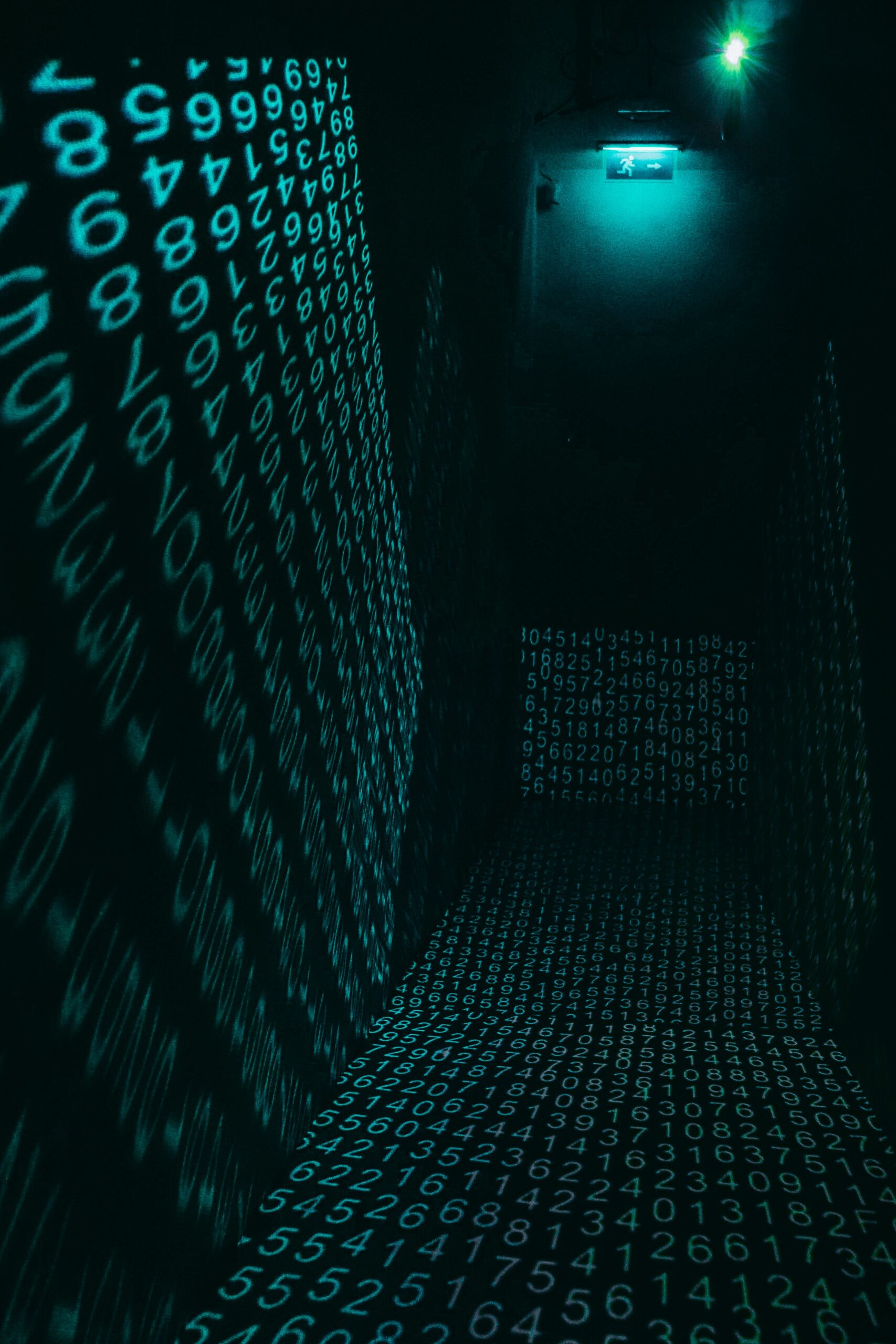1. The Dark Web: A Comprehensive Guide to Understanding its Role in Cybersecurity
2. Unveiling the Shadows: Exploring the Dark Web and its Implications for Cybersecurity
3. Navigating the Dark Web: Insights into the Ever-Evolving World of Cybersecurity Threats
Exploring the Dark Web: Unveiling the Shadows of Cybersecurity
1. The Dark Web: A Comprehensive Guide to Understanding its Role in Cybersecurity
The internet is a vast network of information, but it also has a hidden side known as the Dark Web. Unlike the surface web that most people access on a daily basis, the Dark Web cannot be accessed through traditional search engines, and it requires special software to navigate. It is a clandestine corner of the internet where http://54.254.57.212/wp-content/uploads/2023/07/twx33i9v6eu-1.jpgs can remain anonymous and engage in illicit activities. While the Dark Web has gained a notorious reputation for being a hub of illegal activities, it also plays a significant role in cybersecurity.
One of the main reasons the Dark Web is crucial to cybersecurity is that it serves as a platform where cybersecurity professionals and researchers can gather intelligence about potential threats. By monitoring the activities and discussions taking place on the Dark Web, cybersecurity experts can gain valuable insights into emerging cyber threats, ongoing attacks, and vulnerabilities. This intelligence allows them to stay one step ahead of cybercriminals and better protect individuals, businesses, and governments from cyberattacks.
Moreover, the Dark Web serves as a testing ground for cybersecurity professionals to assess the effectiveness of their security systems. By intentionally exposing their systems to the Dark Web, organizations can observe how cybercriminals exploit vulnerabilities and develop countermeasures. This proactive approach helps in identifying weaknesses in their cybersecurity defenses and improving their overall resilience.
2. Unveiling the Shadows: Exploring the Dark Web and its Implications for Cybersecurity
The Dark Web presents a multitude of implications for cybersecurity. Firstly, it is the breeding ground for cybercriminals to conduct illegal activities without fear of being easily traced. Activities such as hacking, identity theft, credit card fraud, drug trade, and distribution of malicious software are prevalent on the Dark Web. These criminal activities not only pose a threat to individuals but also to businesses and governments worldwide. Cybersecurity professionals must continually monitor the Dark Web for any indications of compromised security systems or information.
Secondly, the Dark Web is home to forums and marketplaces where stolen data is bought and sold. Breached databases, stolen credit card information, and login credentials are openly traded on these platforms. This underground marketplace fuels the growth of cybercrime and puts individuals and organizations at risk of financial loss, reputation damage, and privacy violations. By understanding the mechanisms behind these markets and the tactics used by cybercriminals, cybersecurity professionals can better protect their networks and develop strategies to mitigate these threats.
Another implication of the Dark Web is the proliferation of hacking tools and services. Cybercriminals can easily purchase or rent hacking tools and services tailored to their specific needs. This availability of ready-to-use hacking tools makes it easier for even less skilled individuals to carry out cyberattacks. Consequently, it is crucial for cybersecurity professionals to analyze and understand these tools to anticipate and protect against potential cyber threats.
3. Navigating the Dark Web: Insights into the Ever-Evolving World of Cybersecurity Threats
The Dark Web is a dynamic ecosystem that continually evolves as cybercriminals adapt to emerging cybersecurity measures. As such, staying up-to-date with the latest threats and vulnerabilities is crucial for cybersecurity professionals. The Dark Web constantly offers new challenges, such as emerging malware strains, zero-day vulnerabilities, and novel attack techniques.
To navigate this ever-evolving world, cybersecurity professionals must engage in continuous monitoring and analysis of Dark Web forums, marketplaces, and communication channels. By doing so, they can detect trends, identify emerging threat actors, and uncover potential attack vectors. Furthermore, analyzing the Dark Web can provide insights into the motivations, techniques, and strategies employed by cybercriminals, enabling better preparedness and more effective defensive measures.
Additionally, collaborations and partnerships between cybersecurity professionals, law enforcement agencies, and intelligence organizations are essential when dealing with Dark Web-related threats. By sharing information and working together, it is possible to disrupt cybercriminal operations and bring the perpetrators to justice. Collaboration also allows for the identification and removal of compromised data and systems, minimizing the potential damage caused by cyberattacks.
In conclusion, the Dark Web represents both a challenge and an opportunity in the field of cybersecurity. While it is often associated with illegal activities and threats, it also serves as a valuable source of intelligence for cybersecurity professionals. Understanding the role of the Dark Web, its implications, and navigating its ever-evolving landscape is crucial to ensuring the security and resilience of individuals, organizations, and governments in the face of emerging cyber threats.



